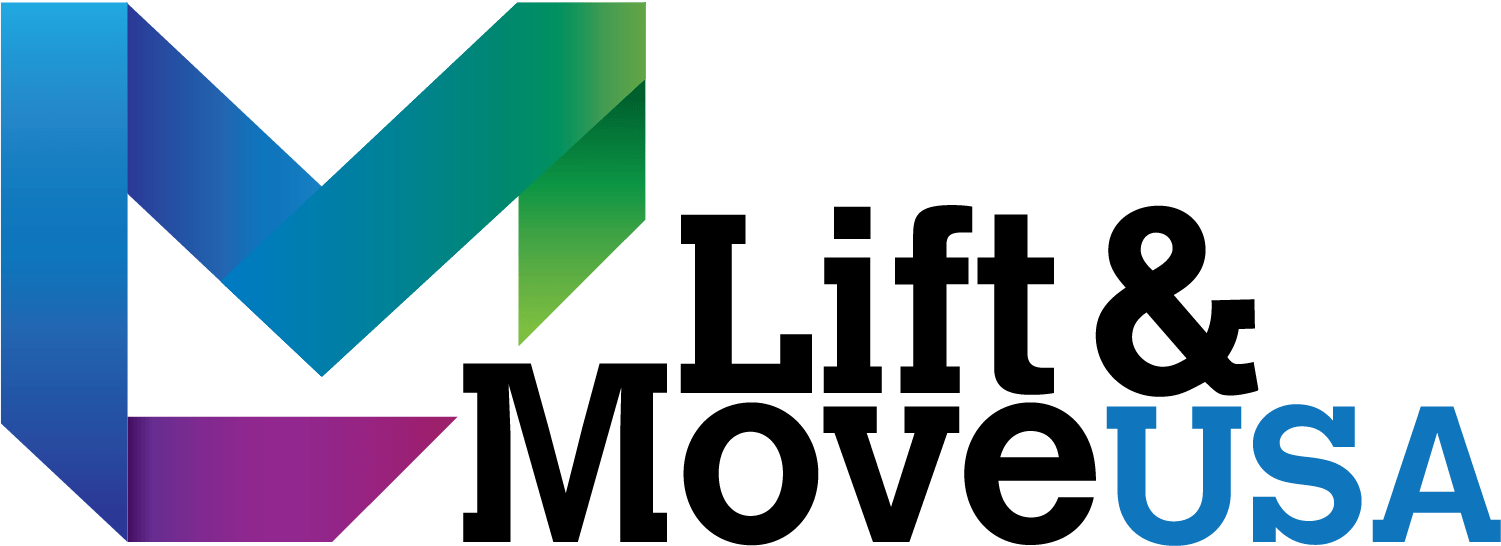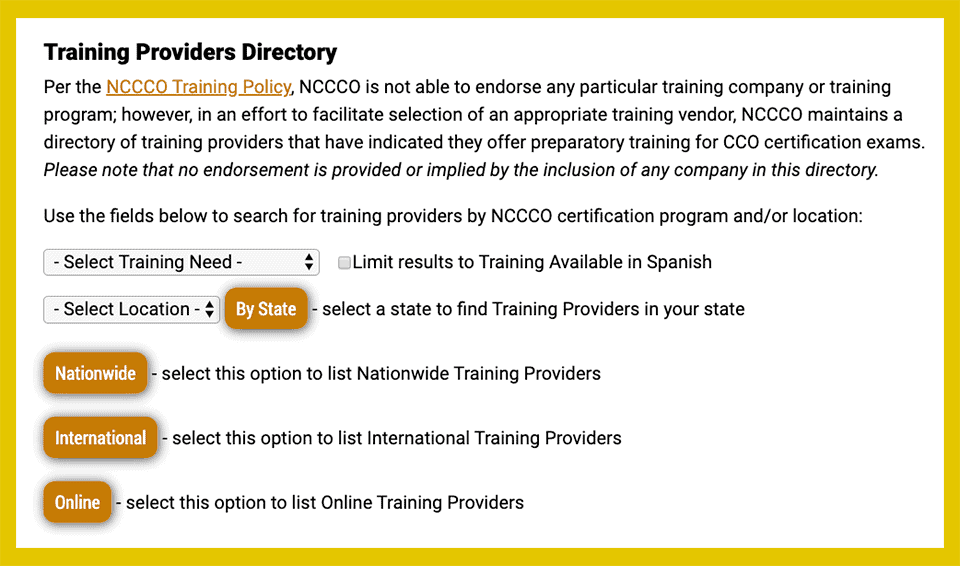“Opened my students’ eyes to definite career possibilities.”
— Brian Taylor, Metals Instructor
Centralia High School
Depending on the path you choose, you will need additional training. There are several options for getting the training you need, including:
- Formal apprenticeships through trade unions
- Internships or apprenticeships through employers
- Degrees or Certificates through colleges or technical schools
- Industry-specific training through independent training organizations
Unions - Apprenticeships
Seek Local Affiliations in your region.
These unions provided skilled workers that work in fields related to crane, rigging, and specialized transportation.
International Union of Operating Engineers (IUOE)
United Brotherhood of Carpenters and Joiners of America (UBC)
Skills Training
Seek post-secondary courses at local Community or Technical Colleges or from independent training organizations with programs in these or similar subject areas.
Automation & Robotics
Building Trades
Commercial Driver’s License
Construction Management
Construction Technology
Diesel & heavy Equipment Technology
Drafting and Design
Heavy Equipment Operation
Instrumentation & Controls Technology
Logistics
Maintenance Technician
Metal Fabrication
Precision Machining
Transportation Management
Unmanned Aircraft Systems
Welding
Training Providers
NCCCO Training Resources
NCCCO is not able to endorse any particular training company or training program; however, in an effort to facilitate selection of an appropriate training vendor, NCCCO maintains a directory of training providers that have indicated they offer preparatory training for CCO certification exams. Please note that no endorsement is provided or implied by the inclusion of any company in this directory.
Certifications and Licenses
Some roles in crane, rigging and specialized transportation operations require Certifications and/or Licenses in order to work in the industry. For example, OSHA requires crane operators working in construction to be certified by an accredited certification organization (29 CFR 1926.1427). Some States and Cities have additional licensing requirements.
Learn More from NCCCO.
In addition, to drive a commercial motor vehicle, you must have a CDL license. Generally, you must be 18 to drive a commercial motor vehicle intrastate, and 21 to drive interstate. There are three types of CDL licenses—Class A, Class B, and Class C—and six specific endorsements.
In other cases, certifications and/or licenses help individuals to establish third-party assessment of their knowledge and skill level. Signalperson and Rigger Certification are good certifications for entry level positions in crane, rigging, and specialized transportation.
See more options
 Specialized Carriers & Rigging Association is an international trade association with more than 1,400 member companies from 46 countries. These companies are involved in specialized transportation, machinery moving and erecting, industrial maintenance, millwrighting, crane and rigging operations, manufacturing, and rental. Use the Search tool to find companies in your area.
Specialized Carriers & Rigging Association is an international trade association with more than 1,400 member companies from 46 countries. These companies are involved in specialized transportation, machinery moving and erecting, industrial maintenance, millwrighting, crane and rigging operations, manufacturing, and rental. Use the Search tool to find companies in your area.



